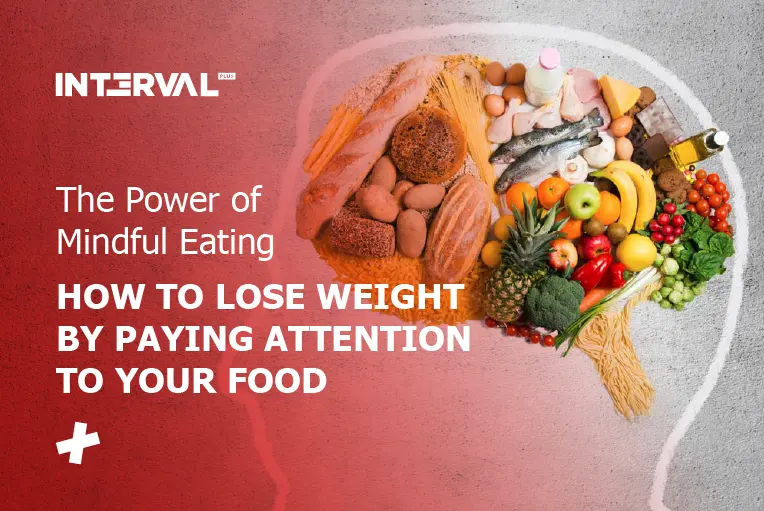In our fast-paced world, we often find ourselves rushing through meals without truly savoring the food we eat. However, practicing mindful eating can have a profound impact on our weight loss journey. Mindful eating involves being fully present and attentive to the experience of eating. By cultivating a deeper awareness of our food choices and eating habits, we can develop a healthier relationship with food and support our weight loss goals.
In this blog post, we will explore the concept of mindful eating and provide practical tips to incorporate it into your daily routine.
1. Slow down and savor each bite:
One key aspect of mindful eating is to slow down and truly savor each bite. By eating more slowly, you give your brain enough time to register feelings of fullness, preventing overeating. Take small bites, chew your food thoroughly, and pay attention to the flavors, textures, and sensations of each mouthful.
2. Listen to your hunger cues:
Another important aspect of mindful eating is listening to your body’s hunger cues. Before reaching for a snack or a meal, take a moment to assess whether you are truly hungry or if you are eating out of boredom, stress, or habit. Learn to distinguish between physical and emotional hunger and make conscious choices based on your body’s actual needs.
3. Minimize distractions while eating:
We often eat while multitasking, whether it’s watching TV, scrolling through social media, or working at our desks. This can lead to mindless eating and a lack of awareness of the quantity and quality of food consumed. Practice mindful eating by minimizing distractions during meals. Create a dedicated eating environment free from screens and other distractions, allowing yourself to fully focus on the act of eating.
4. Engage your senses:
Engaging your senses can enhance your eating experience and promote mindfulness. Take a moment to appreciate the colors, smells, and textures of your food. Pay attention to how each bite feels in your mouth and the flavors that emerge. By actively engaging your senses, you cultivate a deeper connection with your food and develop a greater appreciation for the nourishment it provides.
5. Cultivate gratitude:
Lastly, cultivate a sense of gratitude for the food you eat. Recognize the effort, resources, and energy that went into producing the meal in front of you. By acknowledging the value of your food, you develop a greater sense of appreciation and are more likely to make mindful choices aligned with your weight loss goals.
Incorporating mindful eating into your weight loss journey can bring about significant changes in your relationship with food. By practicing awareness, slowing down, and savoring each bite, you can develop healthier eating habits and make conscious choices that support your weight loss goals. Remember, the key is to approach eating with intention, attention, and gratitude.


